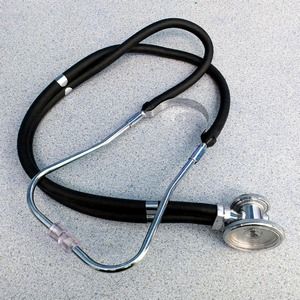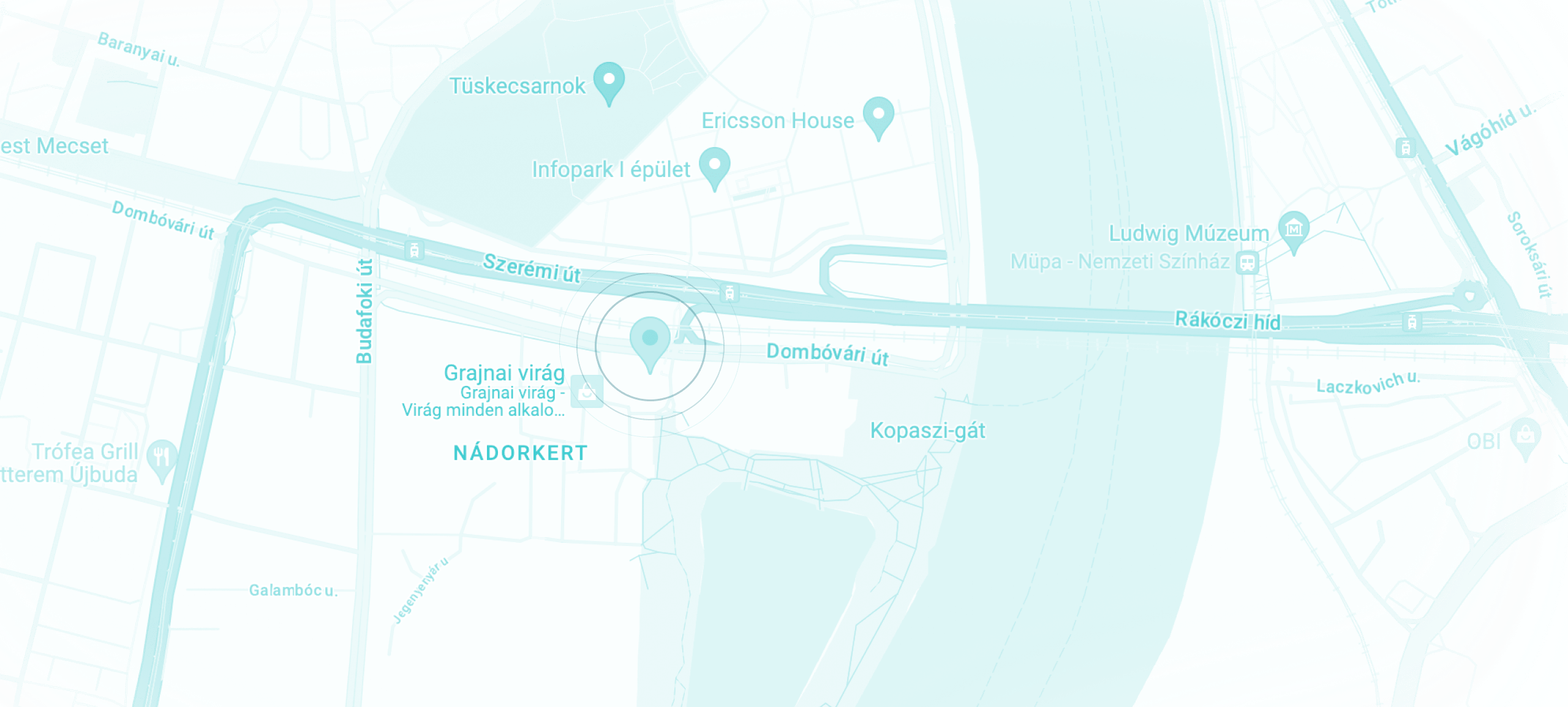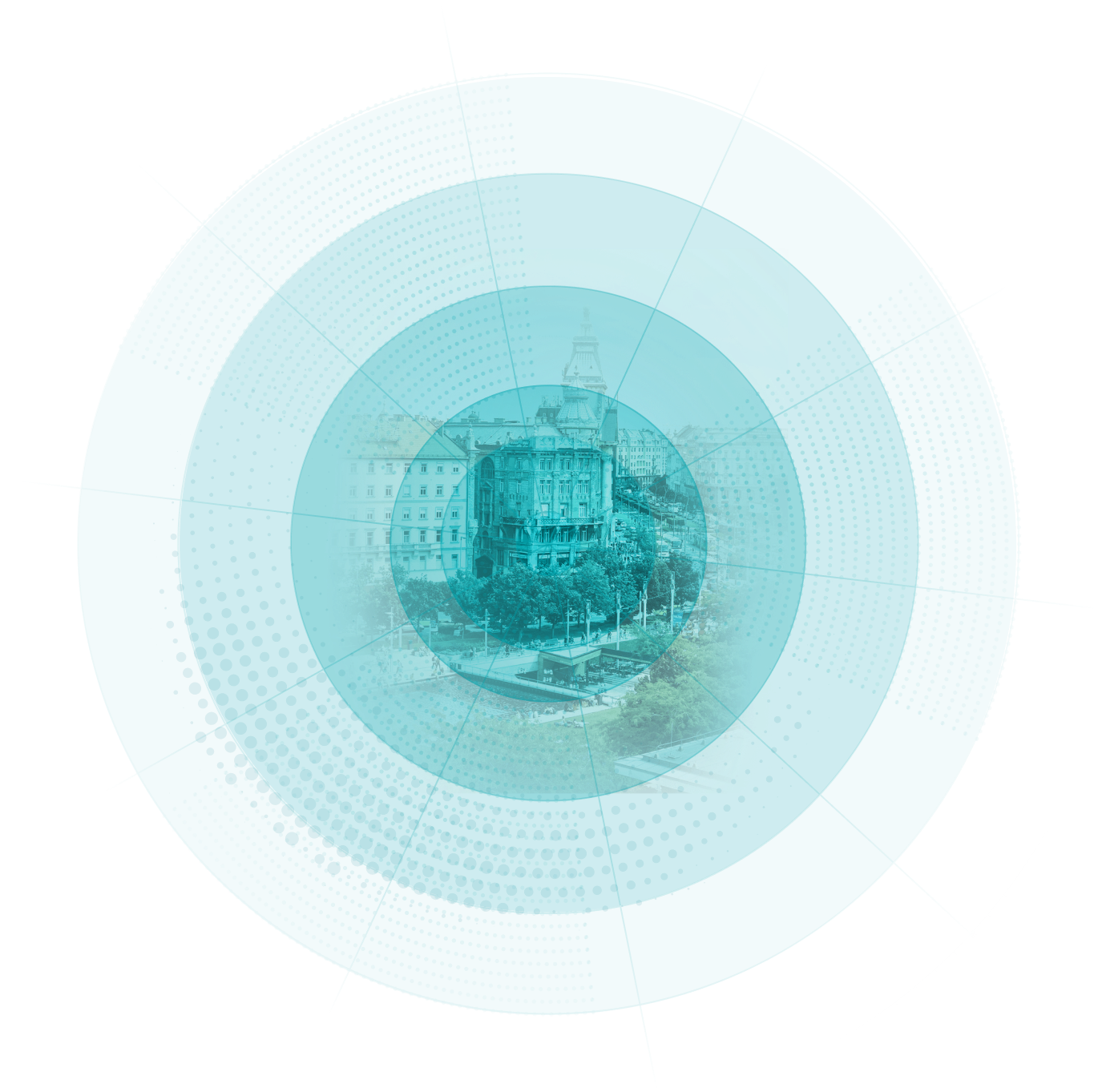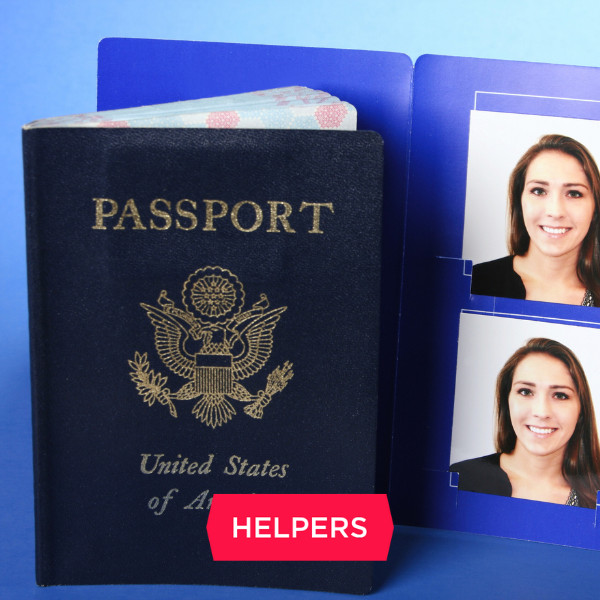
Medical treatment during an epidemic in Hungary
In Hungary, healthcare services in general are available to everyone, and most of them are covered by health insurance contribution payments. In cases of emergency, you will get the necessary treatment on the spot, whether you are insured in Hungary or not. (If you are a foreigner, it will be collected from your insurance provider in your home country.) An epidemic is also considered an emergency, but in this case, all related service is provided for free.
In Hungary, healthcare services in general are available to everyone, and most of them are covered by health insurance contribution payments. In cases of emergency, you will get the necessary treatment on the spot, whether you are insured in Hungary or not. (If you are a foreigner, it will be collected from your insurance provider in your home country.) An epidemic is also considered an emergency, but in this case, all related service is provided for free.
Basic treatment during an epidemic
Basic services available to you during an epidemic include services that let the community prevent avoidable health risks. These are, among others, testing for the disease, medical examination, isolation, the transport of infectious disease patients, and the administration of lifesaving treatments. (The list may be amended by separate regulations relevant to the epidemic in question.)
On the other hand, please note that every person in the territory of Hungary is obliged to comply with emergency measures connected to an epidemic, whether they are citizens, residents, or other visitors. They are expected to participate in any testing procedure officially required, and follow the instructions provided based on the results of the medical examination.
Being insured in Hungary
To receive healthcare services in Hungary, you should normally be insured. However, if you have an EU health card, which means you are insured in another EU member state, you are allowed to use necessary health treatments in Hungary without being insured in Hungary.
Most people are insured through employment, where the social security contribution is usually deducted from your gross salary and sent to the authorities directly. Alternatively, you can pay the social security contribution independently, paying the minimum health service contribution (HUF 7,710, ca. EUR 23 per month). This is available only for those who have a registered address card in Hungary for more than 1 year.
You can also have a private insurance agreement with the National Healthcare Services Center for more complex services. You might also be paying the healthcare contributions as part of a simplified tax construction (e.g. KATA). Other options are available, and further conditions may apply. Make sure to always consult a specialist when in doubt.
There are also various private providers of medical services. If you are not insured in Hungary, you can still visit these institutions and pay in cash for the medical assistance.
Measures against the COVID-19 epidemic in Hungary
Currently, the priority is to hinder the spread of the virus and this way make sure the number of parallel cases does not put an unbearable strain on the healthcare system. The virus is mostly transferred through droplets, principally by touching an object that was touched by an infected person, and then touching one of your own mucous membranes (e.g. touching your eyes or licking your fingers, with the virus on them).
Doctor’s offices, medical centers and hospitals ask people not to visit if they suspect they are infected. Instead, they should call in on phone and ask for further instructions.
Healthcare providers handle only urgent cases, which means screening and non-urgent services are suspended. If you have other illnesses, you should also call your GP before visiting.
Things you can do to stay safe and healthy
- Wash your hands with soap and warm water for at least 20 seconds, and do this often: before meals, after using public transport or the elevator in your building, or after arriving home or to your workplace.
- Hand sanitizers containing alcohol may be an alternative for whenever you cannot wash your hands.
- Pay attention to not touching your face, especially your mouth and your eyes, or if that is necessary, make sure to wash your hands properly beforehand.
- Keep distance from other people. Make it at least 2 meters from anyone, or try to stand as far as possible. Do not enter crowded places, do grocery shopping less frequently, and prepare a list so you have to spend as little time in the store as possible. If it is feasible, work remotely.
- Face masks are most useful for those who are already sick, so they do not spread the infection. However, if you are infected, stay at home and focus on getting better.
- Face masks are also useful because the incubation time of the disease might be as long as 14 days, so you will not have any symptoms and you will not necessarily know you are infected, and you can spread the disease inadvertently. Wearing a face mask prevents that.
- When sneezing or coughing, block it with the inner curve of your elbow instead of your palm – since you are hardly going to touch anything with your elbow, right?
Up to date information about the situation in Hungary is available from the Menedék Associaion in Hungarian, English, Spanish, Arabic, Persian, Hindi and Urdu here.
Take care!
Contacto
Póngase en contacto con nosotros
Lunes - Viernes
09:00 - 17:00
Helpers Hungary Kft.
Budapart Gate
Dombóvári út 27.
Budapest 1117, Hungary
Cuando nos visita, venga usted al 2.o piso por la Entrada A.






